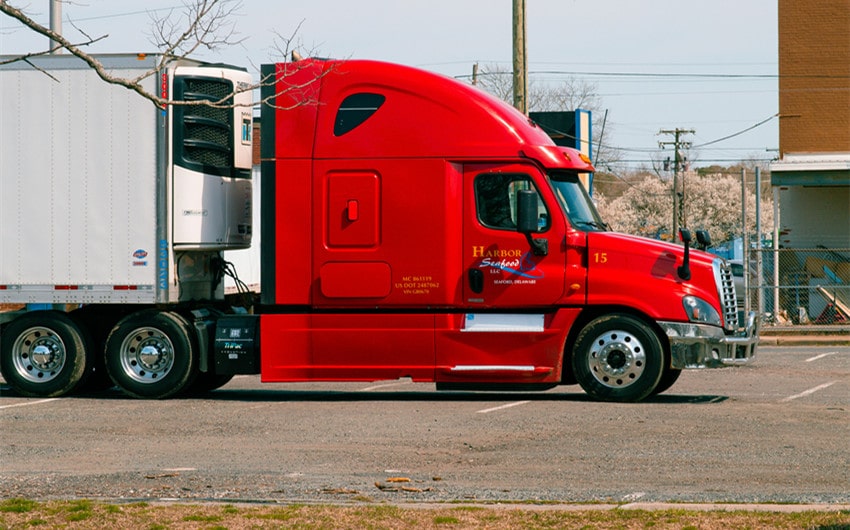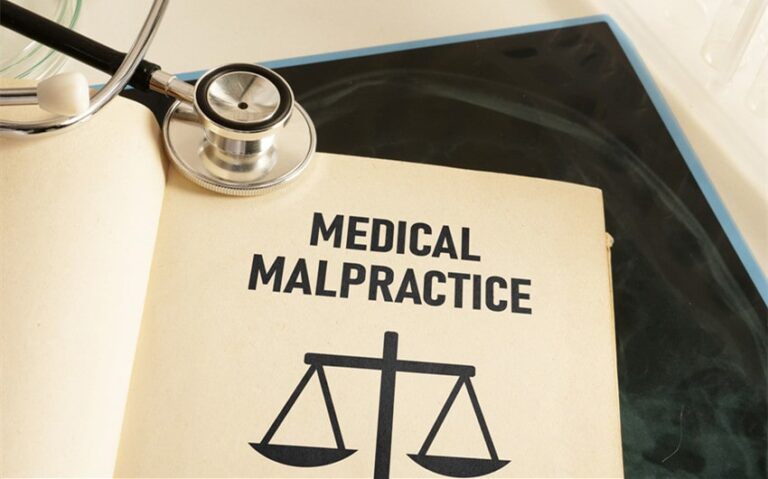Truck Accident Cases in Massachusetts: Legal Complications You Should Expect
Truck crashes rarely play out like ordinary car accidents. The injuries run heavier, the evidence sits on more systems, and more companies can be responsible. If you were hurt in a truck accident in Massachusetts and want compensation, you’ll need to know where cases often get tangled — and what you can do about it.
This guide walks you through the key pressure points: no-fault rules, who you can sue, federal safety regulations, evidence that disappears, insurance layers, government-related claims, deadlines, and more. You’ll also find practical steps you can take today to avoid common mistakes. Once you’re ready to take legal action, consider professional Boston truck crash help services from reliable law firms.
Why Truck Crashes Get Complicated
A tractor-trailer involves at least a driver, a motor carrier, and often separate owners for the tractor and the trailer. Add in a shipper, a broker, a maintenance contractor, and a cargo loader, and you may face six or more potential defendants. Each one can hold different insurance and records.
That means the strongest cases start with fast evidence preservation and a plan for who to hold accountable and in what order.
First Steps After a Crash
Get medical care and follow the treatment plan. Save discharge notes, imaging reports, and bills. Photograph your injuries, the crash scene, and the vehicles if you can. Keep a simple recovery journal that notes pain levels, missed work, and limits on daily tasks.
If you haven’t already, ask a lawyer to issue a preservation letter to the motor carrier right away. Some critical records only stay around for months, not years. (More on that below.)
No-Fault Rules and the Tort Threshold
Massachusetts is a no-fault state for auto claims. Your own Personal Injury Protection (PIP) benefits cover up to $8,000 in reasonable medical bills and some lost wages, with coordination rules if you have health insurance. You can step outside no-fault and sue the at-fault parties if your medical expenses exceed $2,000 or you suffered a serious injury (like permanent disfigurement, loss of a body part, or loss of sight or hearing).
The no-fault threshold matters in any motor-vehicle case, but truck crashes often clear it due to injury severity. Still, you should document treatment carefully so the defense can’t downplay your injuries.
Who You Can Sue
Multiple entities may share fault:
• The driver for careless driving, fatigue, distraction, or speeding
• The motor carrier for poor hiring, training, supervision, unrealistic dispatch schedules, or violations of federal safety rules
• The tractor or trailer owner for defective equipment or skipped maintenance
• The shipper or loader, if poor securement caused a shift, spill, or tip-over
• The broker in limited situations where negligent selection of a carrier led to a crash
• A rental or leasing company only if it was negligent; federal law (the Graves Amendment) generally blocks claims based purely on ownership.
Federal Rules That Matter
Truck cases live and breathe federal safety rules. These regulations create duties that shape liability and evidence.
• Driver qualification and history: Carriers must maintain a Driver Qualification (DQ) file with items like prior employer checks and medical certification, and keep it while the driver works and for three years after.
• Maintenance and inspections: Carriers must systematically inspect, repair, and maintain vehicles, keep annual inspection proof, and retain maintenance records for specific periods.
• Hours of service and electronic logs: Electronic logging device (ELD) and supporting records typically must be kept for six months, which is one reason counsel should send a preservation letter fast.
• Cargo securement: Cargo must be contained and immobilized to prevent shifting or falling. Drivers must re-check securement early in the trip and at intervals.
Insurance Layers and the MCS-90
Commercial trucking carries higher liability limits than typical personal auto policies. Federal rules set minimum public liability limits, often $750,000 for non-hazardous property carriers and higher for oil and certain hazardous materials.
You may also see a policy endorsement called MCS-90. It’s not extra insurance you can stack, but it can require an insurer to pay a judgment to protect the public, even if the policy wouldn’t otherwise cover the loss (the insurer can seek reimbursement later). Understanding these factors helps you evaluate how much coverage is truly available.
Fault and Comparative Negligence
Massachusetts uses modified comparative negligence. You can recover compensation if you are 50% or less at fault, and your award is reduced by your percentage. If you are 51% or more at fault, you recover nothing. In truck cases, defense teams often try to assign you a large share of blame — speed, distraction, lane position, even pre-existing conditions. Your lawyer’s job is to push back with solid proof.
Government Liability and Notice Traps
If a state, city, or town vehicle caused the crash — or a road defect contributed — different rules apply.
• Claims against public employers follow the Massachusetts Tort Claims Act. You must present a written claim to the proper executive officer within two years, and damages are capped at $100,000 per plaintiff (the MBTA has a special exception for serious bodily injury). No punitive damages, and prejudgment interest rules differ.
• Separate highway-defect statutes can impose very short notice periods (often 30 days) and other limits. If a crash involved a pothole, debris, or signage issue, raise it early so counsel can preserve the claim.
Damages You Can Claim
Your claim can include:
• Medical bills and future care
• Lost wages and diminished earning capacity
• Pain, suffering, and loss of enjoyment
• Property damage and out-of-pocket expenses
• Loss of consortium for a spouse (in specific cases).
If a loved one died, Massachusetts allows wrongful death claims and, in some cases, punitive damages against a defendant whose conduct was willful, wanton, or reckless.
Deadlines You Can’t Miss
Most personal injury and property-damage lawsuits in Massachusetts have a three-year statute of limitations from the date of the accident (some exceptions apply; wrongful death has a related three-year period triggered by the executor’s appointment or knowledge). Government claims have special notice rules, as mentioned above. Don’t rely on grace periods; ask counsel to calendar everything.
Records You Should Ask Your Lawyer to Chase
Here’s a concise list to discuss in your first meeting:
• Driver records: DQ file (application, prior employer safety history, motor-vehicle records, medical certification).
• Hours of service: ELD data, log edits, exemptions, dispatch messages, fuel and toll receipts, and GPS/telematics.
• Vehicle: Pre- and post-trip inspection reports, repair orders, annual inspection certificates, brake and tire records.
• Cargo: Bills of lading, weight tickets, securement details, loading checklists, and photos from shipper/warehouse CCTV.
• Insurance: Declarations, endorsements, and any MCS-90 filings.
These documents often reveal violations that strengthen liability. However, they can disappear fast, either because of short technical expiration periods or intentional destruction. Massachusetts courts allow remedies when a party destroys evidence. A well-timed preservation letter can support sanctions or an adverse inference if records go missing later.
Bottom Line
Truck accident cases in Massachusetts turn on quick evidence work, a clear theory of who’s responsible, and careful handling of no-fault rules, federal regulations, and insurance layers. Here are the steps you can take after the collision:
1. Get treatment and follow through. Consistent care protects your health and your claim.
2. Preserve evidence. Save photos, dash-cam clips, receipts, and damaged items. Ask counsel to send a preservation letter to the carrier immediately.
3. Keep a simple journal. Note pain levels, missed work, and daily limits.
4. Avoid social media posts about the crash or your injuries.
5. Talk to a lawyer early. Complex defendants and short record-retention rules mean you benefit from fast action.
The right plan — built around retention deadlines, maintenance and logging records, and realistic damage calculations — helps you push past common roadblocks and toward a fair result.







